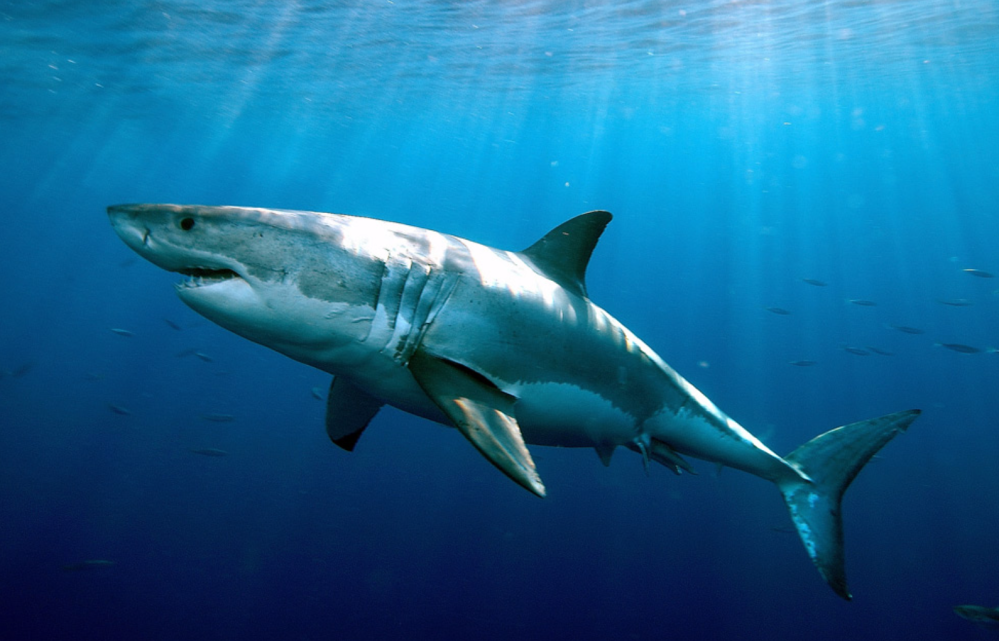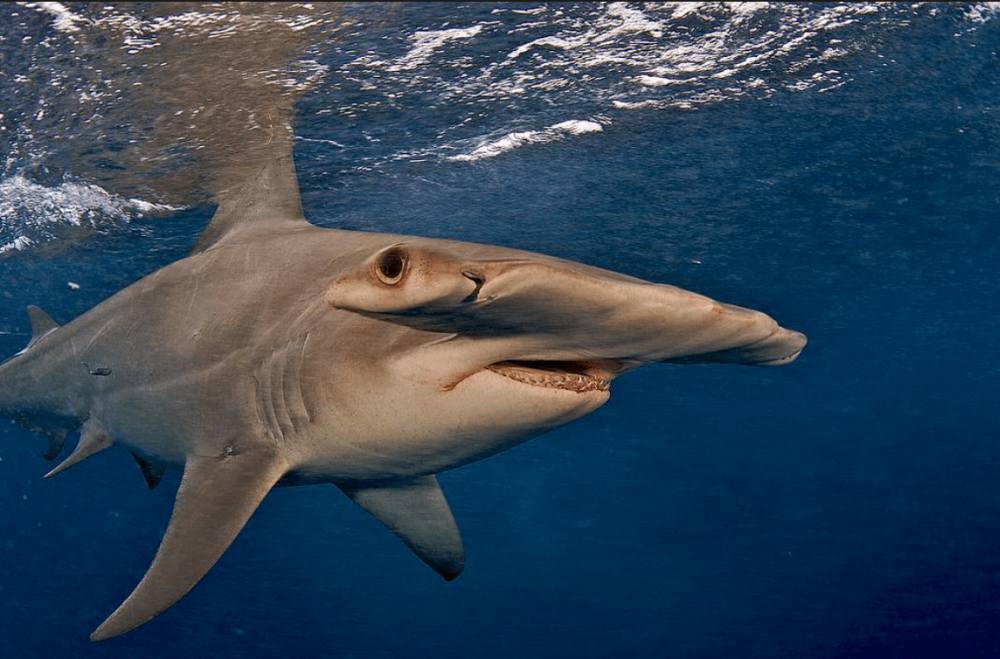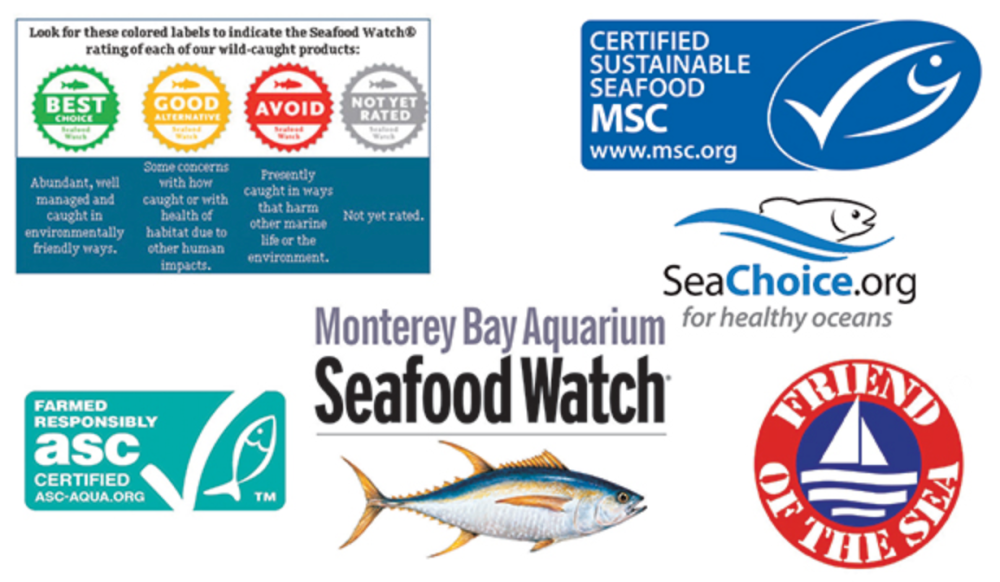This year, it may seem shark attacks are on the rise. Mass media coverage of recent attacks, such as those in North Carolina and Florida, support this idea.
The reality of injuries and fatalities due to shark attacks is much different. An individual’s risk of being attacked by a shark has decreased by 91% in the past 63 years.

A great white. Photo by Dr. Greg Skomal, Guadeloupe Islands
Are sharks attacking more people?
In 2018, the United States had the greatest number of shark attacks worldwide, with 32 attacks and 1 fatality. Florida accounted for almost half of the U.S. total with sixteen attacks, while Hawaii, North and South Carolina had 3 attacks per state.
Individual risk and fatality has decreased due to improved medical care, beach safety measures, and public knowledge. Despite this, the risk of unprovoked attacks (as opposed to provoked, in which the shark is irritated by a person or persons) has seen a slight increase worldwide.
This may be due to several factors, including an increased number of tourists visiting coastal locations, increasing population, and expanding interest in aquatic activities and sports.
With only 66 unprovoked attacks and 4 fatalities worldwide in 2018, the chances of being killed by a shark are extremely slim. In the same year, 1.24 million people died in car crashes, and around 250,000 were struck by lightning.
To read more about events more likely to kill you than a shark attack, click here.

Sharks are at risk.
Shark attacks are often terrible accidents that can result in life-long injury or disability. However, sharks are not the voracious, mindless predators that the media often portrays.
In reality, humans are often predators of sharks. Approximately 100 million sharks are killed worldwide due to commercial fishing. Most notably, demand for shark fin soup in China accounts for a large portion of these kills. Because it still stands as a symbol of status and because of historical implications for medicinal benefits, fins can sell for as much as $500 a pound.
Fishermen often remove the fins and throw the rest of the shark’s body back into the water, where they die slowly and painfully of suffocation or blood loss. Today, many shark populations have decreased by between 60-70%, while some may have decreased by over 90%.

The collapse of an ecosystem.
To some, less sharks may sound like a good thing. In reality, decrease in shark populations has a negative effect on the balance of oceanic ecosystems, allowing for other species (such as rays) to overproduce and prey too heavily on other animals. As such, fish and bivalves (i.e. clams) important in the global consumer market are less readily available, causing serious implications for fisheries.

What can you do?
Other than advocating for the end of finning practices, you can also educate yourself and others on sharks and other ocean predators. With increased education and knowledge, public perception and the ability to empathize with these creatures will increase.
Furthermore, sharks are often caught as bycatch in large nets by commercial fishing operations. Purchasing sustainably caught or farm raised seafood, which is often labeled on it’s packaging, can prevent these types of deaths.
Lastly, by supporting administrations that promote green energies, circular economic strategies and protection of marine sanctuaries and reefs, sharks will have a greater chance to reestablish their place in the ecosystem.
As actress and advocate January Jones once said, “Sharks play a critical role in our oceans as top predators. Without them, things go out of balance. Tens of millions of sharks are caught, mostly for their fins, every year. So it’s silly to be scared of them. We should be scared for them.”

Featured Image by Renee Capozolla – View her work here.

Well done!
Sent from my iPad
>
LikeLike
Great article and you know I have moments of fearing the fin. You make some very valued points!
LikeLike